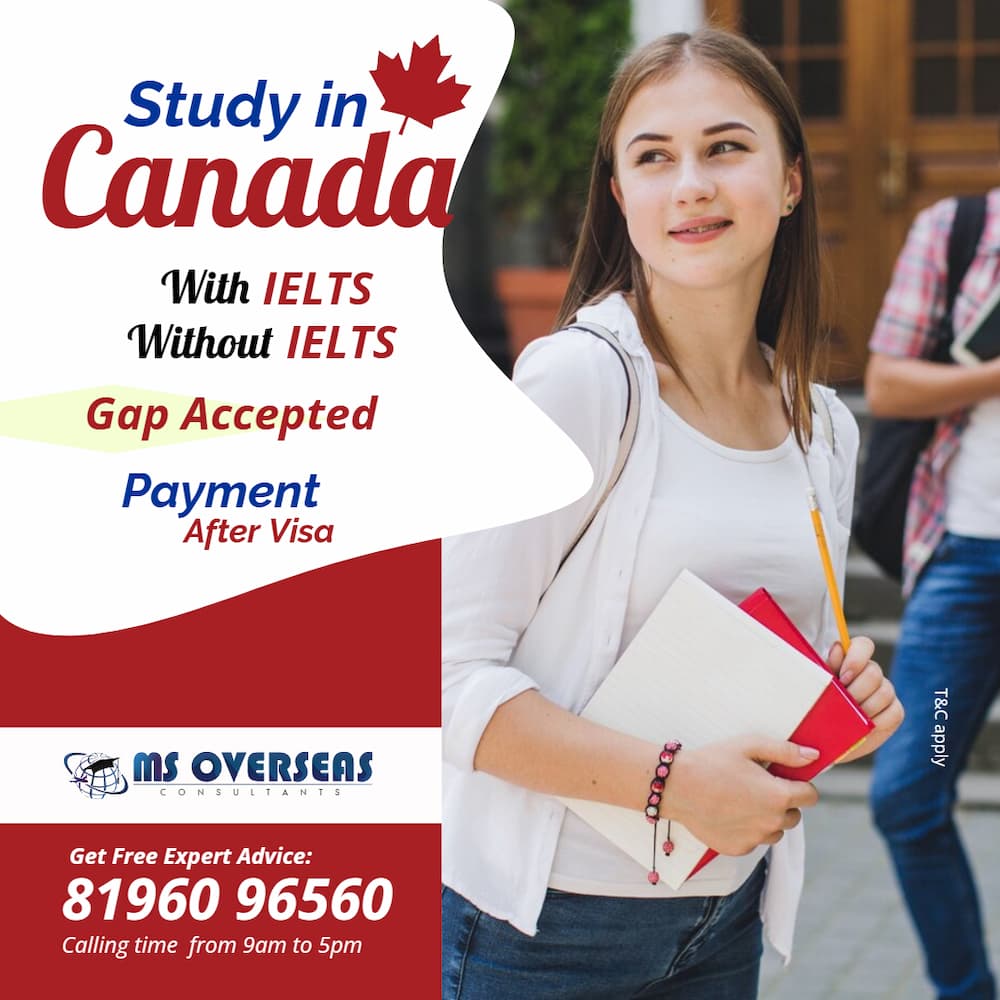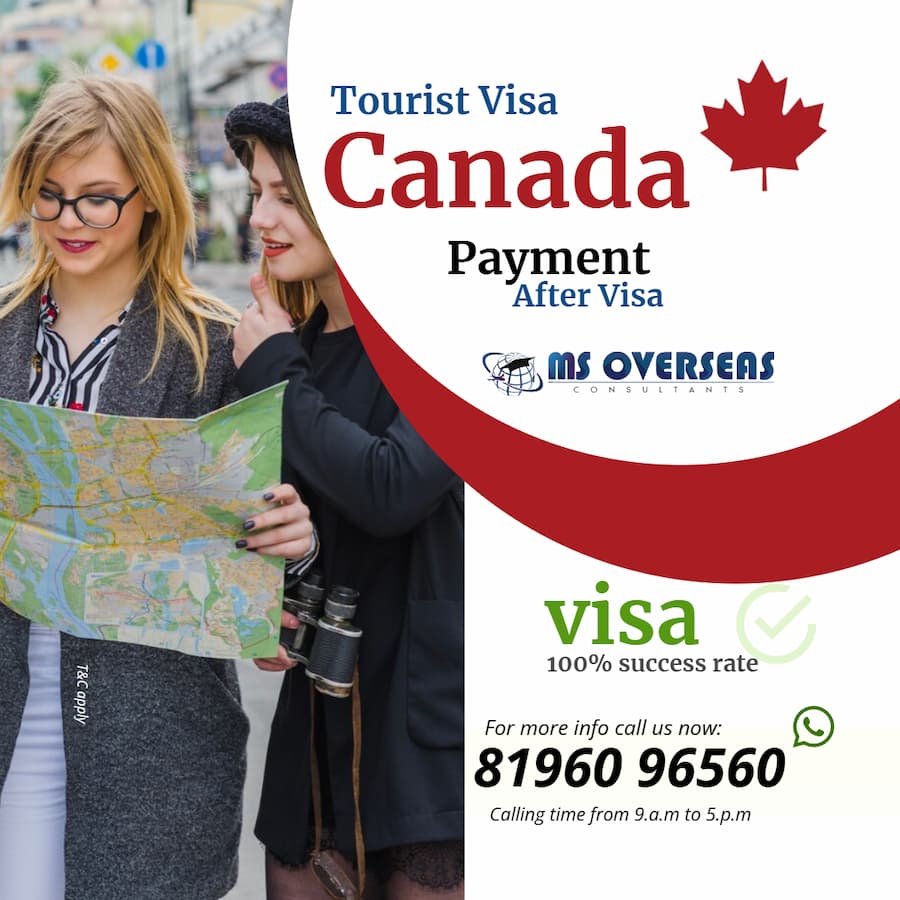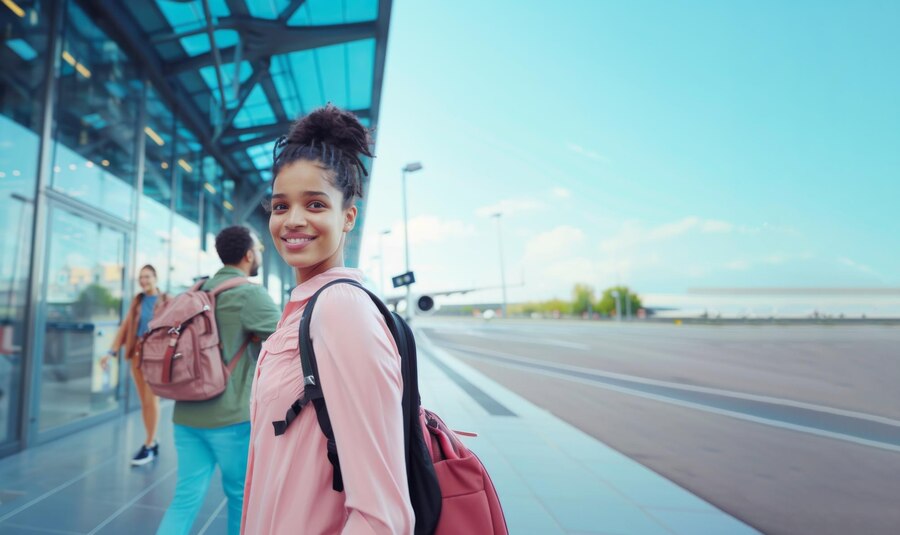A student visa is a crucial document for anyone aspiring to study abroad. This guide covers everything you need to know about obtaining a student visa, ensuring a smooth and successful application process.
What is a Student Visa?
A student visa is an official document or stamp that allows an individual to enter and stay in a country for the purpose of education. This visa is typically issued for the duration of the course of study and may have specific conditions attached to it.

Why Do You Need a Student Visa?
If you’re planning to pursue higher education in a foreign country. This visa not only permits you to study but also often allows you to work part-time, enhancing your educational experience by providing practical exposure.
Types of Student Visas
Different countries offer various types of student visas based on the level and duration of the study program. Here are some common types:
- F-1 Visa (USA): For academic studies.
- J-1 Visa (USA): For exchange students.
- Tier 4 Visa (UK): For long-term courses.
- (Australia): For full-time courses.
Eligibility Criteria for a Student Visa
Eligibility for a visa varies by country, but generally includes:
Acceptance from an Educational Institution:
You must have an acceptance letter from a recognized institution.
Proof of Financial Support:
Evidence that you can finance your education and living expenses.
Language Proficiency:
Proof of proficiency in the language of instruction (e.g., TOEFL, IELTS).
Health Insurance:
Some countries require proof of health insurance coverage.
How to Apply for a Student Visa
The application process can be complex, but breaking it down into steps makes it manageable:
Gather Required Documents:
- Valid passport
- Acceptance letter from the educational institution
- Financial statements
- Language proficiency test results
- Passport-sized photographs
- Completed visa application form
Submit Your Application:
- Apply online or at the consulate/embassy of the country you plan to study in.
Pay the Visa Fee:
- Fees vary by country and visa type.
Attend the Visa Interview:
- Some countries require an in-person interview.
Wait for Visa Approval:
- Processing times vary; plan ahead to avoid delays.
Common Challenges and How to Overcome Them
Applying for a visa can be challenging. Here are some common issues and tips to overcome them:
- Incomplete Documentation: Double-check that all required documents are submitted.
- Financial Proof Issues: Ensure all financial documents are up-to-date and sufficient.
- Language Barriers: Take language tests well in advance to meet proficiency requirements.
- Visa Denial: Understand the reasons for denial and reapply with the necessary corrections.
Benefits of Holding a Student Visa
Holding a visa comes with numerous benefits, including:
- Access to Quality Education: Study at some of the world’s best institutions.
- Cultural Exchange: Experience a new culture and build a global network.
- Work Opportunities: Many student visas allow part-time work.
- Pathway to Permanent Residency: In some countries, a student visa can be a step towards permanent residency.
Top 10 Countries for Student Visas: Your Guide to Studying Abroad
When choosing a country for higher education, it’s essential to consider not only the quality of the education. Here are the top 10 countries known for their excellent educational opportunities and relatively straightforward student visa processes:
United States
- Visa Type: F-1 Visa
- Features: Home to many world-renowned universities and diverse programs. The F-1 visa allows part-time work on-campus and optional practical training (OPT) for up to 12 months after graduation.
United Kingdom
- Visa Type: Tier 4 Student Visa
- Features: Offers a rich cultural experience and prestigious institutions like Oxford and Cambridge. The Tier 4 visa allows students to work part-time during studies and full-time during holidays.
Canada
- Visa Type: Study Permit
- Features: Known for its high-quality education and welcoming immigration policies. Canadian study permits allow students to work part-time and provide pathways to permanent residency.
Australia
- Visa Type: Student Visa (Subclass 500)
- Features: Offers excellent educational institutions and a high quality of life. The visa allows students to work up to 20 hours per week during the academic session and full-time during breaks.
Germany
- Visa Type: Student Visa
- Features: Known for its strong engineering and technical programs. Many public universities have low or no tuition fees. The allows part-time work and has a clear pathway to post-graduation work permits.
Netherlands
- Visa Type: Student Visa (MVV)
- Features: Offers a wide range of English-taught programs and high-quality education. The visa allows students to work up to 16 hours per week.
New Zealand
- Visa Type: Student Visa
- Features: Known for its friendly environment and high-quality education. The permits part-time work during the academic year and full-time during vacations.
Sweden
- Visa Type: Residence Permit for Studies
- Features: Offers a high standard of education and numerous English-taught programs. The residence permit allows students to work part-time and provides a pathway to post-graduation work permits.
France
- Visa Type: Long-Stay Student Visa
- Features: Known for its rich cultural heritage and excellent educational institutions. The visa allows students to work part-time and offers opportunities to work post-graduation.
Singapore
- Visa Type: Student Pass
- Features: Home to prestigious institutions and a vibrant multicultural environment. The Student Pass allows students to work part-time during the academic term and full-time during holidays.
Each of these countries offers unique advantages for international students, from top-tier education to favorable visa policies. When choosing a destination, consider factors like program specifics, lifestyle, and long-term career opportunities. Ensure you check the specific visa requirements and application procedures for your chosen country to streamline your study abroad experience.

Frequently Asked Questions About Student Visas
What is a student visa?
A visa is a permit that allows international students to study in a foreign country for a specific period.
How do I apply for a student visa?
Typically, you apply by gathering required documents, completing an application form, and submitting it to the relevant embassy or consulate. The process may include an interview.
What documents are needed for a student visa application?
Commonly required documents include a valid passport, acceptance letter from an educational institution, proof of financial support, language proficiency test scores, and completed visa application forms.
How long does it take to process a student visa?
Processing times vary by country and can range from a few weeks to several months. It’s advisable to apply well in advance of your intended start date.
Can I work while studying on a student visa?
Many student visas allow part-time work during the academic year and full-time work during breaks. Check specific regulations for your destination.
Can my family accompany me on a student visa?
Some countries allow dependents to join the student visa holder. Check the specific rules of the country you’re moving to.
What if my student visa application is denied?
If denied, you can often appeal the decision or reapply. Understand the reason for the denial and address any issues before reapplying.
Do I need health insurance for a student visa?
Many countries require proof of health insurance as part of the visa application. This ensures coverage during your stay.
Can I extend my student visa?
Yes, in many cases, you can apply for an extension if you need more time to complete your studies. Follow the specific procedures outlined by your host country.
What is a student visa interview, and how should I prepare?
A student visa interview is a meeting with a consular officer to discuss your application. Prepare by being familiar with your study plans, financial situation, and reasons for choosing the country.
How much does a student visa cost?
The cost varies by country and can range from a few hundred to several thousand dollars. Check the visa fees for your specific destination.
Can I travel outside the country while on a student visa?
Travel is usually permitted, but you should check visa conditions and consult with the embassy to ensure your re-entry is smooth.
How can I prove I have sufficient financial resources for a student visa?
Provide bank statements, scholarship letters, or affidavits of support to demonstrate your ability to cover tuition and living expenses.
Is there an age limit for applying for a student visa?
Generally, there is no strict age limit, but some countries may have specific requirements or preferences regarding the age of applicants.
Do I need to speak the local language to get a student visa?
Some countries require proof of proficiency in the language of instruction, especially if you’re enrolling in a program taught in that language.
Can I change my educational institution after getting a student visa?
Changing institutions may require notifying immigration authorities and updating your visa details. Ensure compliance with visa conditions.
What happens if I finish my studies earlier than expected?
If you complete your studies ahead of schedule, you may need to notify immigration authorities and may be required to leave the country or apply for a different visa type.
Can I switch from a student visa to a work visa?
In many countries, you can transition from a student visa to a work visa upon graduation, especially if you find a job related to your field of study.
Do I need to provide a police clearance certificate for a student visa?
Some countries may require a police clearance certificate as part of the visa application process to ensure you have no criminal record.
What should I do if I lose my passport while on a student visa?
Report the loss to the local authorities and your embassy or consulate immediately. You’ll need to obtain a replacement passport and update your visa details accordingly.
Conclusion: Obtaining a visa is a critical step towards achieving your educational dreams abroad. By understanding the requirements, preparing thoroughly, and seeking professional advice when needed, you can navigate the process smoothly. Whether you’re aiming for a degree in the USA, UK, Australia, or any other destination, a visa is your gateway to a world-class education and a brighter future.
For expert assistance with your application, contact us at [your contact information]. We’re here to help you every step of the way.

Disclaimer
The information provided Your Ultimate Guide to Studying Abroad” is intended for general informational purposes only and is not a substitute for professional advice. While we strive to ensure the accuracy and reliability of the content, we cannot guarantee its completeness, timeliness, or applicability to individual circumstances. Visa policies, requirements, and procedures can change frequently and may vary depending on the country and specific situation.
Get Free Expert Advice: Are you ready to embark on your next adventure? Whether you’re seeking a work permit, tourist visa, or study opportunities in Canada or other countries, we’re here to help! Contact us today to learn how our expert services can simplify your journey and turn your dreams into reality. Reach out now and let’s start planning your future together!
- Canada Citizenship Requirements: Everything You Need to Know
- Canada’s New Visa Rules: What It Means for Indian Students
- Navigating Student Visa Regulations for Studying in the US, UK, Australia, and Canada
Also read:
- Latest Canada Student Visa Changes 2025–26: Caps, PAL, PGWP & Proof of Funds
- Study in Ireland for Indian Students (2025): Real Data, Visa Rules, Costs, Jobs, and the Truth Behind the “New Go-To Destination” Claim
- How Trump’s New Tariffs on Canada Could Affect Indian Students Studying Abroad
- How to Improve English & Communication Skills in Australia
- Scholarship Opportunities for International Students in Melbourne

